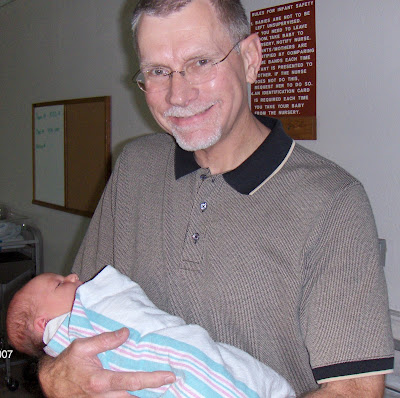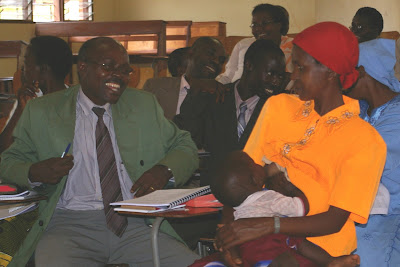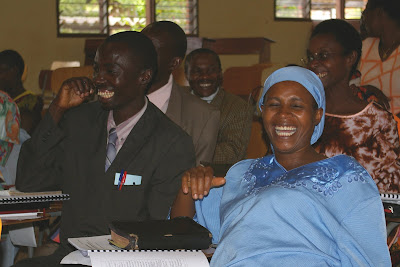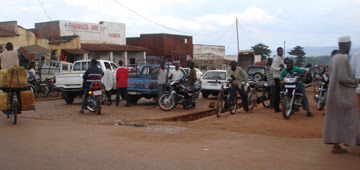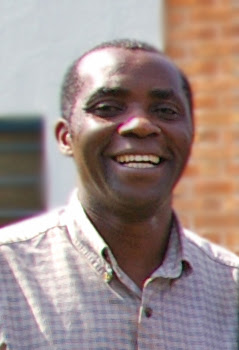
Murder pierces the heart of most families in Burundi. Tribal massacres in the early 1970's and again in the 1990's swept across the surging contours of the country.
Deogratias Nshimiyimana's father was murdered by a neighbor. Deo was just 12. His uncles were also murdered. Their home and their land were confiscated illegally. The family had to leave the area they had always lived; Deo had to drop out of school. For the next four years he hated the man who killed his father. He plotted how he could get back at him and his family. A Christian pastor began to befriend Deo. He talked to him about his anger and hate. He explained the forgiveness of Jesus Christ. Deo received the forgiveness of Jesus and entered whole-hearted into a relationship with God.
God began to show him his need to forgive the man who had murdered his father. Deo went to see the man. He confronted him about the murder of his father. Deo told this neighbor that he (Deo) had murdered this man's children. The neighbor denied that was possible - "my children are in the house right now." Deo explained how much he hated the man and his family and how he had plotted revenge. He explained that kind of anger is murder in God's eyes. Deo asked the murderer of his father to forgive him for murdering his children.
The man sat speechless; Deo finally left. Two weeks later the man came to Deo and said that he had not been able to sleep since that day Deo came to him. Because of Deo's act of humility and forgiveness, the man and his family came to Christ. Deo, at the age of 21, returned to school, after making sure that all of his younger siblings had returned. Adult education was unheard of, he sat in a class with 12 year-olds. He was not deterred and went on to Bible college.
After serving as a pastor, he joined the staff of ALARM as their country director. He serves the pastors of all denominations to bring training that they desperately need. Burundi is listed as the poorest country in the world, with a gross domestic product of only $90 per capita. These pastors have no ability to go to school, to buy materials, to pay for training. ALARM serves an essential role in the future of that small, heavily populated country.
We have the greatest respect for Deo and his leadership for the people of Burundi. He served as our host, our interpreter, our leader, and our guide. We are very grateful for his care for us while in Burundi.

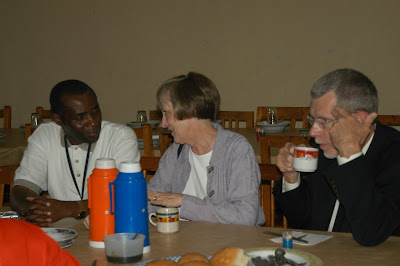




 Dad calling his mom and dad announcing the much anticipated news.
Dad calling his mom and dad announcing the much anticipated news. What a boy! His mom's gentle hands cradle him. He has his mom's eyes and shape of his face. He has his dad's nose and mouth. He has his grandparents heart!
What a boy! His mom's gentle hands cradle him. He has his mom's eyes and shape of his face. He has his dad's nose and mouth. He has his grandparents heart!


